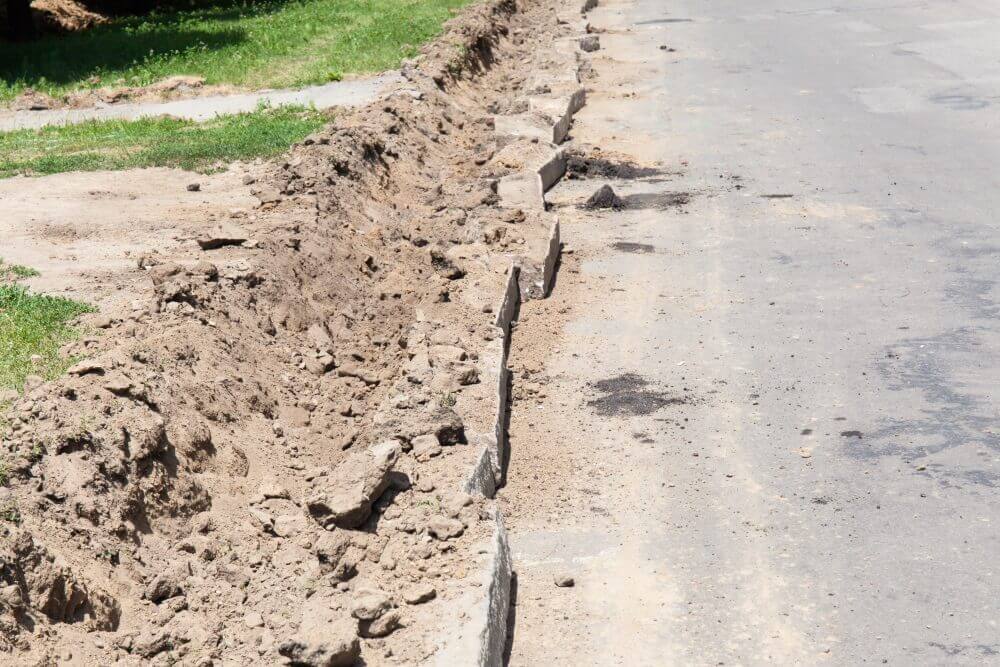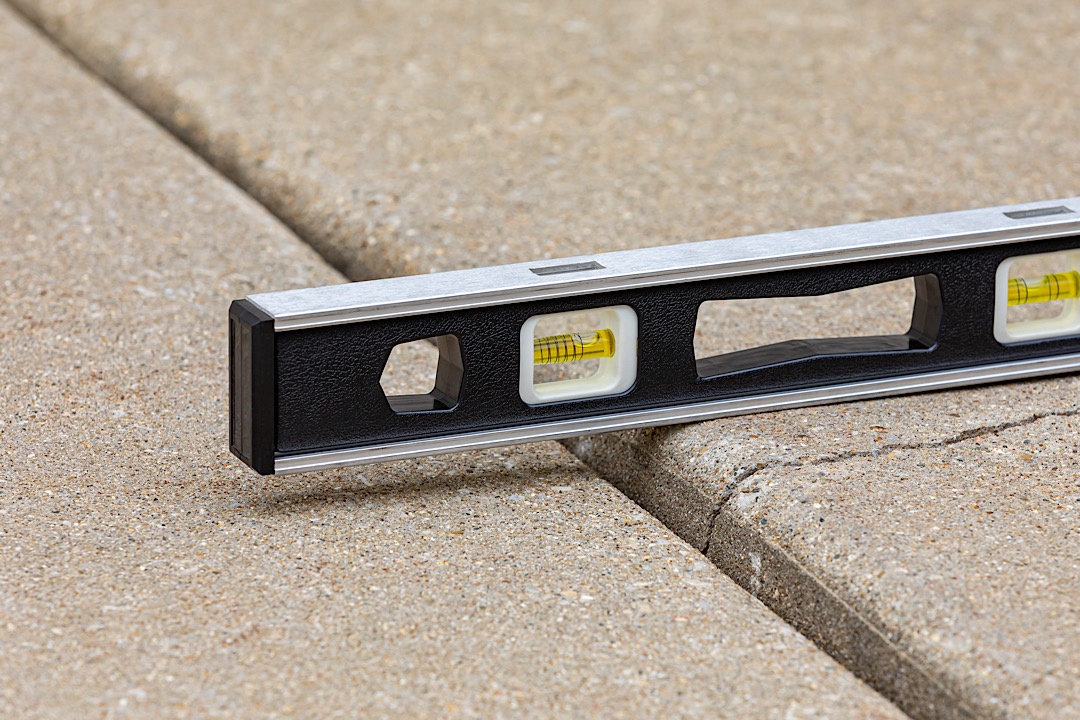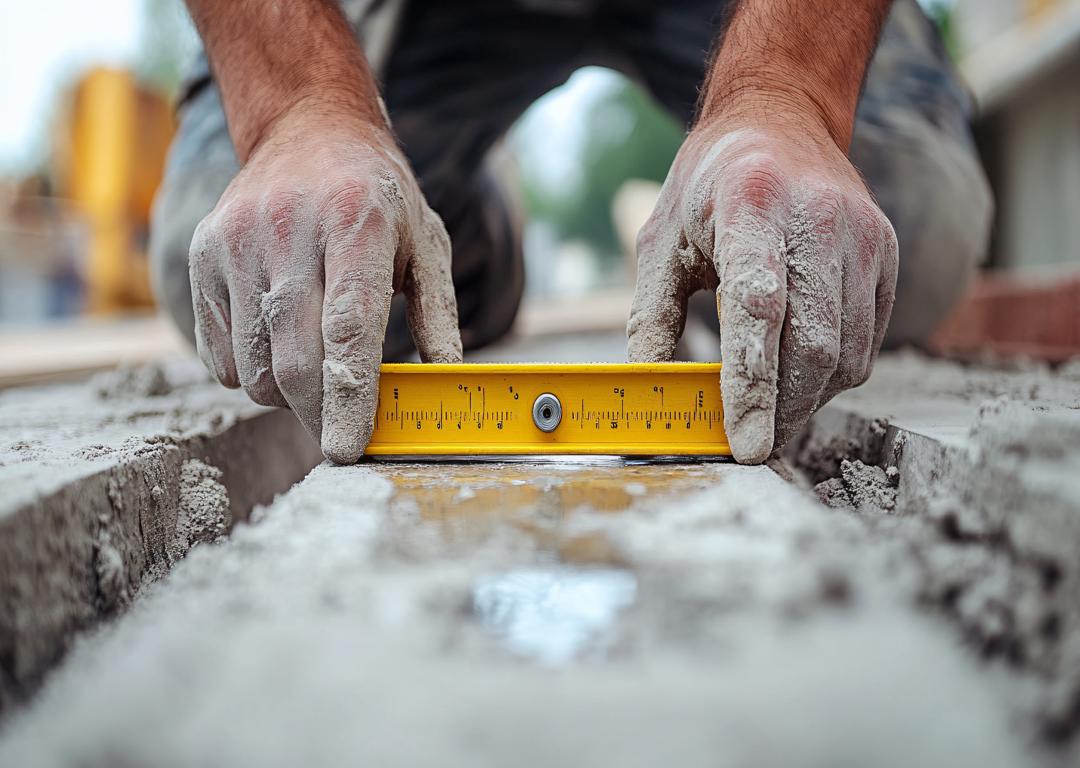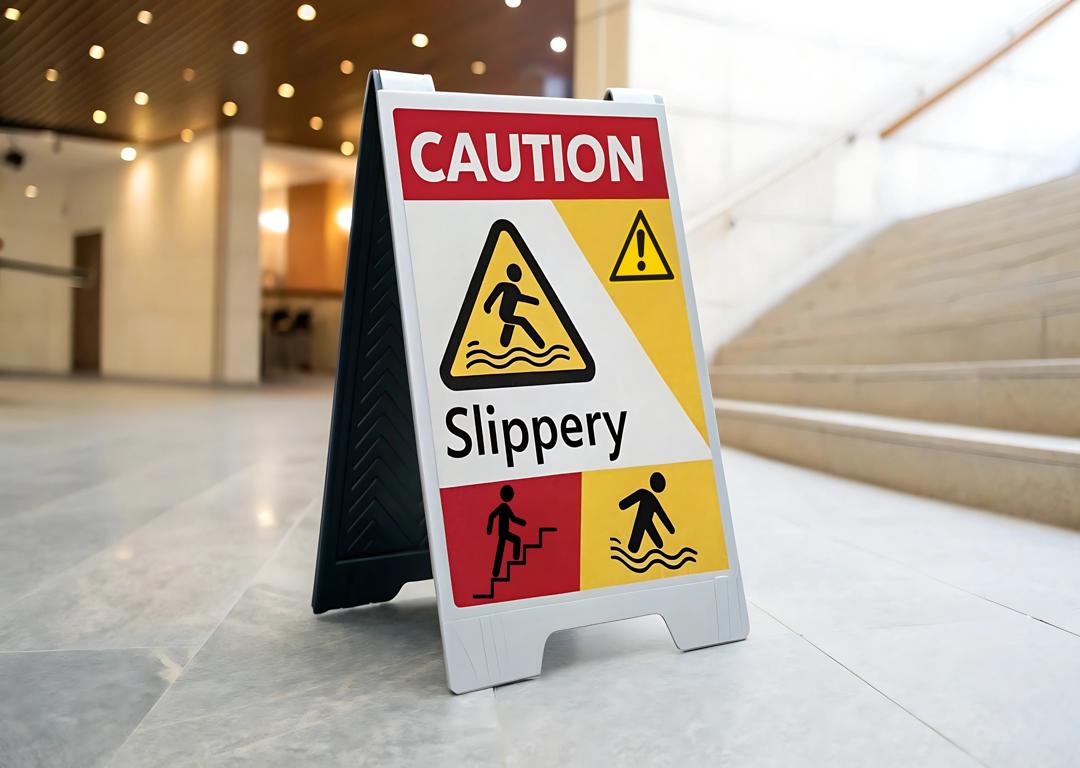You have walked up and down it a thousand times, your kids have used it for drawings, and it’s the neighbor to your prized rose bushes, but you don’t pay it much attention. Your home’s sidewalks are the pathways that get you where you need to go on your property and though they may not be paid much attention to, are an important part of your property.
Like anything else on your property, your home’s sidewalks need proper care and maintenance to both look great and serve their purpose. But no matter how well you take care of your home’s sidewalks, they don’t last forever and will need to be replaced once they have served their useful life.
Replacing a sidewalk is not a quick project, so you need to know when the time is right for a replacement to be a real option. Let’s investigate different factors that can help you decide when the time is right to replace your sidewalk.
So, How Often Should You Replace Your Sidewalk?
Unfortunately, there are no real time frames or dates set in stone for sidewalk replacement but rather general guidelines for replacing your sidewalk, let’s review some of these guidelines and signs and symptoms that your sidewalk is past its prime.
Guidelines and Symptoms for Replacing Your Sidewalk
- Asphalt has a typical lifespan of 20 years while concrete sidewalks can last around 25 to 30 years. When these dates roll around, you should start considering replacement over repairs and quick fixes.
- If your sidewalk has lost its luster or sheen and resealing doesn’t do anything, your sidewalk likely needs to be replaced.
- If new cracks, gouges, or other forms of damage are becoming more frequent, it likely means that your sidewalk has seen better days.
- If there is large-scale damage to your sidewalk like potholes, large cracks, or any other form or large-scale damage, you might be better off to replace it.
The best way to find out the state of your sidewalk is by talking to us. We can look over your sidewalk with an expert eye and help you decide if a replacement is your best option.





